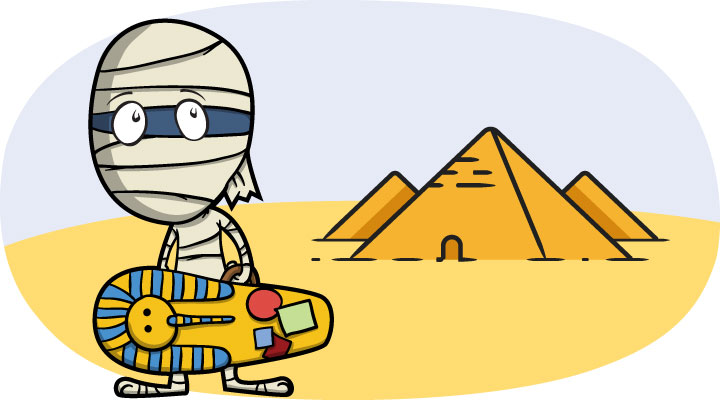What is a Temporomandibular Joint?
The Temporomandibular Joint, commonly known as the ‘jaw joint’, is where the lower jaw connects to the base of the skull. It can be felt just in front of your ears by opening and closing your jaw.
Temporomandibular Disorder (TMD) symptoms:
- Sore jaws
- Toothaches
- Sinus problems
- Neck and back pain
- Ear aches and ringing ears
- Headaches and migraines
Acute symptoms:
- Limited and painful opening and use of the jaw
- Feeling like the jaw is misaligned and teeth are not closing properly
- Facial tension
- Clicking and locked jaw
How can TMD be diagnosed?
Diagnosis of TMD can be difficult due to its numerous causes and symptoms. Your dentist will normally co-ordinate with allied healthcare professionals to ensure all aspects of the problem are dealt with, whether physical and/or emotional. If the core issue doesn’t appear to be a dental related, the patient will be promptly referred to a general medical practitioner for further investigation.
FirstBite dentists can immediately assist if symptoms are acute.
Treatment options for acute jaw pain:
- Medication
- Occlusal Splint Therapy – a hard, plastic mould separates your teeth, allowing facial muscles to relax.
- Physiotherapy exercises – prescribed by dentist
Once the acute issue has settled, the patient continues treatment as a chronic (long term non-severe) sufferer.
TMD Treatment Steps:
Usually the simplest issues are identified and tackled first to eradicate them as the cause of the problem.
- Fillings – all dental infections must be dealt with.
- Occlusal Splint Therapy – mouth guard holding teeth, making the jaw and facial muscles unable to clench.
- Soft diet – temporarily avoid hard foods, such as nuts, bones and chewing gum.
- Heat packs – applied to the affected area, may give relief.
- Physiotherapy – exercises determined by your FirstBite dentist can help to relax your jaw muscles.
- Myotherapy – some medical specialists believe that muscular tension in other areas of your body (e.g. back or neck) can contribute to TMD tension.
- Stress Management – alternate remedies to naturally alleviate stress and tension build up such as yoga, naturopathy and counselling.
- Facial Injectables – blocks the nerves feeding into the muscles, allowing the muscles to remain relaxed 24 hours a day.
- Surgery – this is often the last course of action and is only recommended once all other possibilities have been explored.
Your FirstBite dentist will aim to identify the cause/s before a treatment plan is determined. A complete treatment plan is the only way to deal with TMD – call us today.


